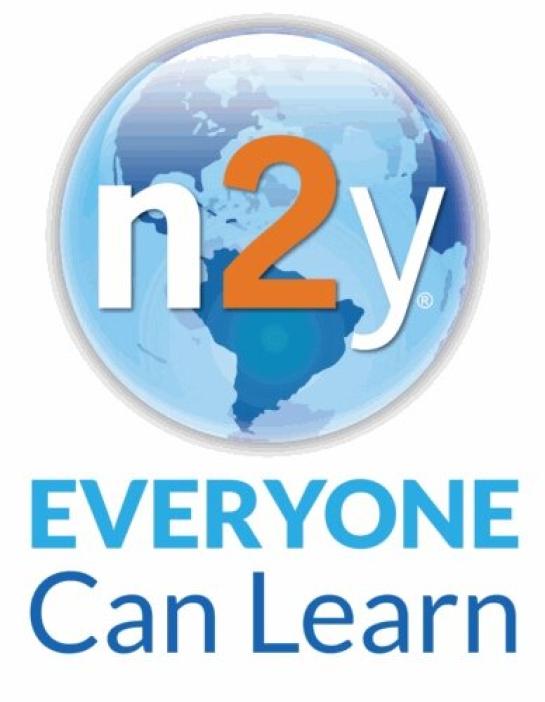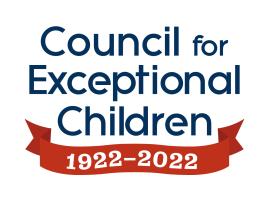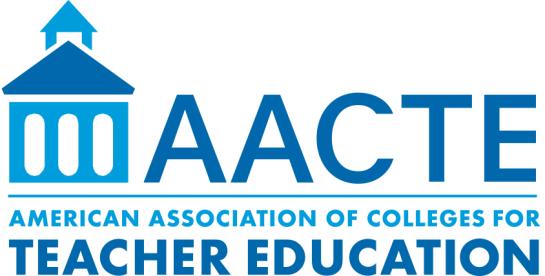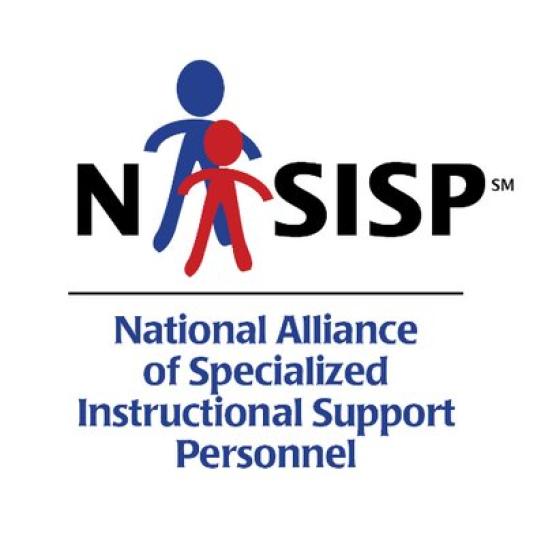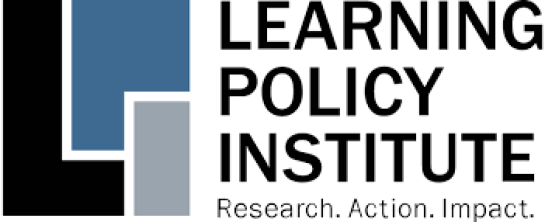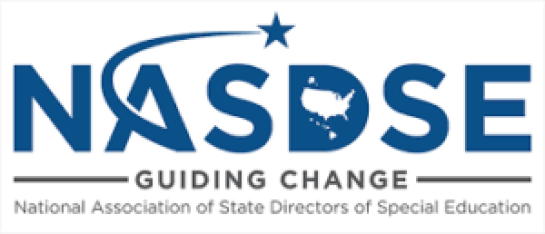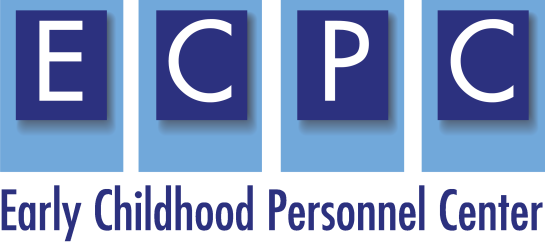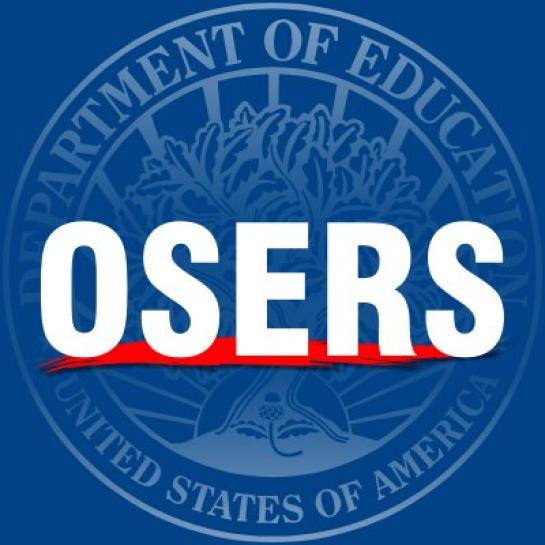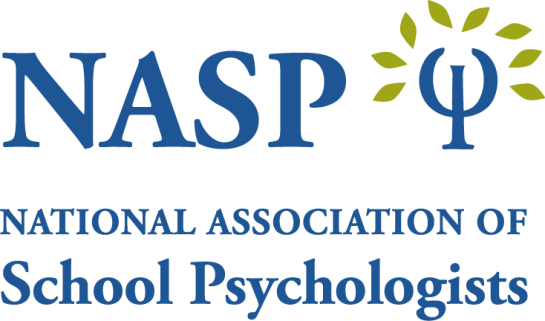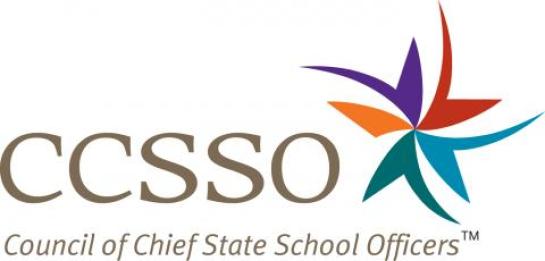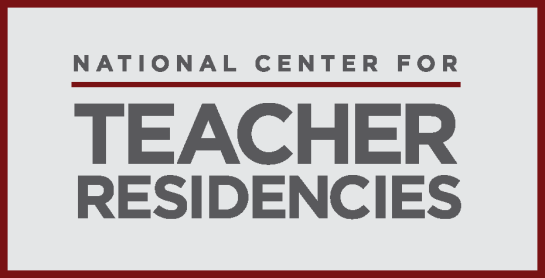Combatting Shortages of Educators Serving Students With Disabilities
The Council for Exceptional Children (CEC) and the CEEDAR Center have collaborated with national partners and practitioners to produce a 12-part webinar series focused on evidence-based strategies to strengthen and diversify the special education workforce. In this webinar series, you will learn from practitioners about their efforts to design and implement new and innovative ways to strengthen, stabilize, and diversify the special education workforce. These webinars will be available live at the times listed below or you can watch the recorded sessions at your convenience. Continuing Education Unit (CEU) certificates will be available for each session. More information on this is forthcoming to registrants of the series.
Addressing the Educator Shortage
States, districts, schools, and educator preparation programs are continuing to operate tirelessly to ensure all students are provided a high-quality education while simultaneously balancing staffing shortages greatly exacerbated by the COVID-19 pandemic. A recent survey conducted by the National Education Association revealed that members reported they are more likely to leave the profession earlier than originally planned, that burnout is a serious problem, that they have observed more teachers leaving the profession or retiring early, and that unfilled positions have increased their workload (55%, 90%, 86%, and 80%, respectively). The reasons for teacher shortages are complex and require systemic, evidence-based strategies and strong partnerships at all stages of the career continuum.
Register now and get access to all webinars in this series.
Created in partnership with:
Series List
From Information to Implementation: Combatting Shortages of Educators Serving Students With Disabilities
States, districts, schools, and educator preparation programs are continuing to operate tirelessly to ensure all students are provided a high-quality education while simultaneously balancing staffing shortages greatly exacerbated by the COVID-19 pandemic. A recent survey conducted by the National Education Association revealed that members reported they are more likely to leave the profession earlier than originally planned, that burnout is a serious problem, that they have observed more teachers leaving the profession or retiring early, and that unfilled positions have increased their workload (55%, 90%, 86%, and 80%, respectively). The reasons for teacher shortages are complex and require systemic, evidence-based strategies and strong partnerships at all stages of the career continuum. The Council for Exceptional Children and the CEEDAR Center have collaborated with national partners and practitioners to produce a 12-part webinar series focused on evidence-based strategies to strengthen and diversify the special education workforce.
This opening session will provide an overview of the educator shortage crisis, clarify terminology that will be used throughout the webinar series, and set the stage for upcoming sessions focused on specific evidence-based strategies designed to attract, prepare, and retain a strong and diverse educator workforce.
Leveraging Federal Funds to Strengthen and Support the Educator Workforce
Schools across the country are struggling to find staff. Regardless of the geography, the problem is the same; however, the situation is more severe in certain subject areas, such as mathematics, science, special education, and bilingual education, and in schools with larger percentages of students with high needs. Staffing in special education has been a challenge for decades and has been exacerbated by the pandemic. The U.S. Department of Education, Office of Elementary and Secondary Education (OESE) and Office of Special Education Programs (OSEP) are committed to supporting districts and schools across the country in addressing educator shortages and meeting student needs. Recently, Secretary of Education Miguel Cardona urged states and districts to use American Rescue Plan Act (ARP) funds to implement short- and long-term strategies to address educator shortages.
In this session, staff from OESE and OSEP will review how grantees can leverage federal funds to attract, prepare, and retain an effective and diverse workforce by sequencing, blending, and braiding IDEA funds, as well as funds made available through the CARES, CRRSA and ARP Acts. OESE and OSEP staff will demonstrate how states and local education agencies can use these funds to strengthen existing programs and develop new programs to support our educators of today and tomorrow.
The Power of Collaboration: Partnering to Support and Retain Novice Educators
News reports continue to highlight the desire of our nation’s teachers to retire early or change professions due to the increasing workload and extra stress fueled by the pandemic. With a limited pipeline of teachers and few available “bodies” to fill existing openings, a focus on supporting and retaining existing teachers is critical.
To address this need, the Georgia Department of Education has leveraged Office of Special Education Programs and American Rescue Plan Act (ARP) funds and partnered with the Georgia Learning Resources System (GLRS), the Center on Great Teachers and Leaders, and Kennesaw State University to establish the Georgia Teacher/Provider Retention Program (GA-TPRP), which provides training and coaching support to novice teachers, designed to strengthen core instruction using the high-leverage practices and mixed-reality simulation.
In this session, participants will hear from Metro West GLRS and Cobb County Schools as they share how they are partnering together to collaboratively implement GA-TPRP with their novice teachers, highlighting program successes and tips for implementation.
Educator Preparation Innovation: Creating Pathways to Strengthen Recruitment
Multiple research studies suggest that fully prepared teachers in special education are more effective and are more likely to remain in the teaching profession than are teachers who are not fully prepared. It is clear that public schools need fully prepared and credentialed special education teachers.
This session will highlight innovation occurring among educator preparation programs to recruit individuals into the profession and to prepare and support them. Educator preparation programs engaged in the CEEDAR-supported, American Association of Colleges for Teacher Education Special Education Networked Improvement Community will discuss the innovative pathways and mutually beneficial partnerships that have bolstered recruitment and retainment efforts.
Maintaining Quality: Georgia’s Alternative Pathway to Teacher Certification
All students were negatively impacted by the disruption to teaching and learning during the pandemic, and students with disabilities were disproportionately affected. States and districts are working hard to mitigate learning loss, but with the shortages of teachers—both general and special education teachers—doing so is challenging and complicated. Lessening teaching certification requirements has been met with concern about compromising quality.
In this session participants will hear from the Georgia Teacher Academy for Preparation and Pedagogy, Georgia’s alternative pathway to teacher certification, as speakers describe its efforts to implement a rigorous, job-embedded teacher preparation program that prioritizes coaching, support, and research-based strategies and practices known to positively impact student learning. Concentrating on hard-to-staff subjects and schools, this vital pipeline provides Georgia schools with bright, talented individuals who are often second-career professionals.
Establishing a Pipeline of Future Special Educators: Using Grow-Your-Own Programs to Recruit High School Students, Career Changers, and Paraprofessionals
The number of individuals enrolling in educator preparation programs has been in a sharp decline, and stakeholders fear the pandemic will decrease interest and enrollment even more.
In this session, states and districts will learn about efforts to recruit high school students, career changers, and paraprofessionals into the profession, specifically to become special educators. The session will highlight Austin Peay State University’s apprenticeship program and Detroit Public Schools Community District’s On the Rise Academy.
The Role of Teacher Residency in Strengthening and Diversifying the Special Education Workforce
Teacher residencies are the most comprehensive model of teacher preparation in the nation. Founded in 2007, the National Center for Teacher Residencies (NCTR) commits to build, scale, and sustain teacher residencies as a lever to create more equitable access into the profession for teachers of color through centering diversity, equity, inclusion, and anti-racist practices to prepare diverse, aspiring teachers.
In this webinar, NCTR will describe the components of the residency model and share the conditions that must be present to successfully implement a residency program. NCTR’s director of state and federal policy will discuss the state and federal policies that promote, seed, and sustain teacher residencies. Webinar participants will leave the webinar with a clear understanding of the residency model and actionable next steps to explore launching a residency program to address teacher shortages, diversity, quality, and retention in their communities.
Increased Compensation: State and District Efforts to Stabilize and Strengthen the Educator Workforce
Teachers are more likely to enter and stay in the education profession when salaries and other compensation are competitive.
In this session, you will hear from national experts and local practitioners about efforts across the country to reform teacher compensation, including specific actions to make the teaching profession more attractive and to retain effective teachers. Panelists will also discuss how the federal education funds (e.g., Coronavirus Aid, Relief, and Economic Security [CARES] Act, Coronavirus Response and Relief Supplemental Appropriations [CRRSA] Act in 2020, American Rescue Plan [ARP]) can be used strategically to stabilize and strengthen the educator workforce.
It’s Not Always About the Pay: Establishing Supportive Working Conditions and Environments
As schools struggle to fill vacancies, there are other problems with teacher retention that cannot be solved with bonuses and increased pay. Supportive work environments and positive cultures are critical for preparing and retaining an effective and diverse workforce.
This session will highlight effective strategies district and building administrators are implementing to support and reward educators, including strategies to promote staff well-being, improve working conditions, and strengthen instructional practice and classroom management.
Establishing Supportive Working Conditions: Developing Inclusive Leaders
Investing in inclusive principal leadership is a powerful, cost-effective strategy to elevate teaching and learning. And leadership practices for students with disabilities benefit all students. When a principal cultivates a school environment where each student feels safe, supported, and valued, students with disabilities, along with other students who struggle to learn in school, can thrive. Likewise, research confirms that special educators leave the profession when they lack administrative support. The Council of Chief State School Officers Advancing Inclusive Principal Leadership (AIPL) network supports states in creating and implementing principal leadership plans to improve outcomes for each student, with a focus on students with disabilities.
In this session, state leads from Cohort 1 AIPL teams will share about their states’ efforts to advance inclusive principal leadership through policy and practice change. States will share their goals for the work, strategies for increasing partner support for the work in implementation, and lessons learned.
Policy Solutions to Address Educator Shortage
Learn how to address the educator shortage by developing an interstate compact agreement, providing support for the Praxis and State Content Exams, supporting credential flexibilities, developing a supply and demand data collection system, teacher compensation options, and more.
Changing the Narrative: Strategies to Improve Public Perception and Recruit Individuals into the Profession
Over the last decade public perception of the teaching profession has faltered. For the first time ever, studies have found that many parents and guardians are discouraging their children from pursuing a career in education (PDK International, 2018). Educators themselves are persuading their children not to become teachers. The public perception of careers in education must change if we are going to mitigate shortages in the profession. Likewise, recruiting teachers requires adapting given the tech savvy world we live in today. In this session hear from experts about their efforts to change the perception of the profession and to strengthen recruitment efforts that gain attention from the new generation of teachers. Panelists will provide an overview of existing efforts, lessons learned, and practical tips to elevate the perception of the profession.


